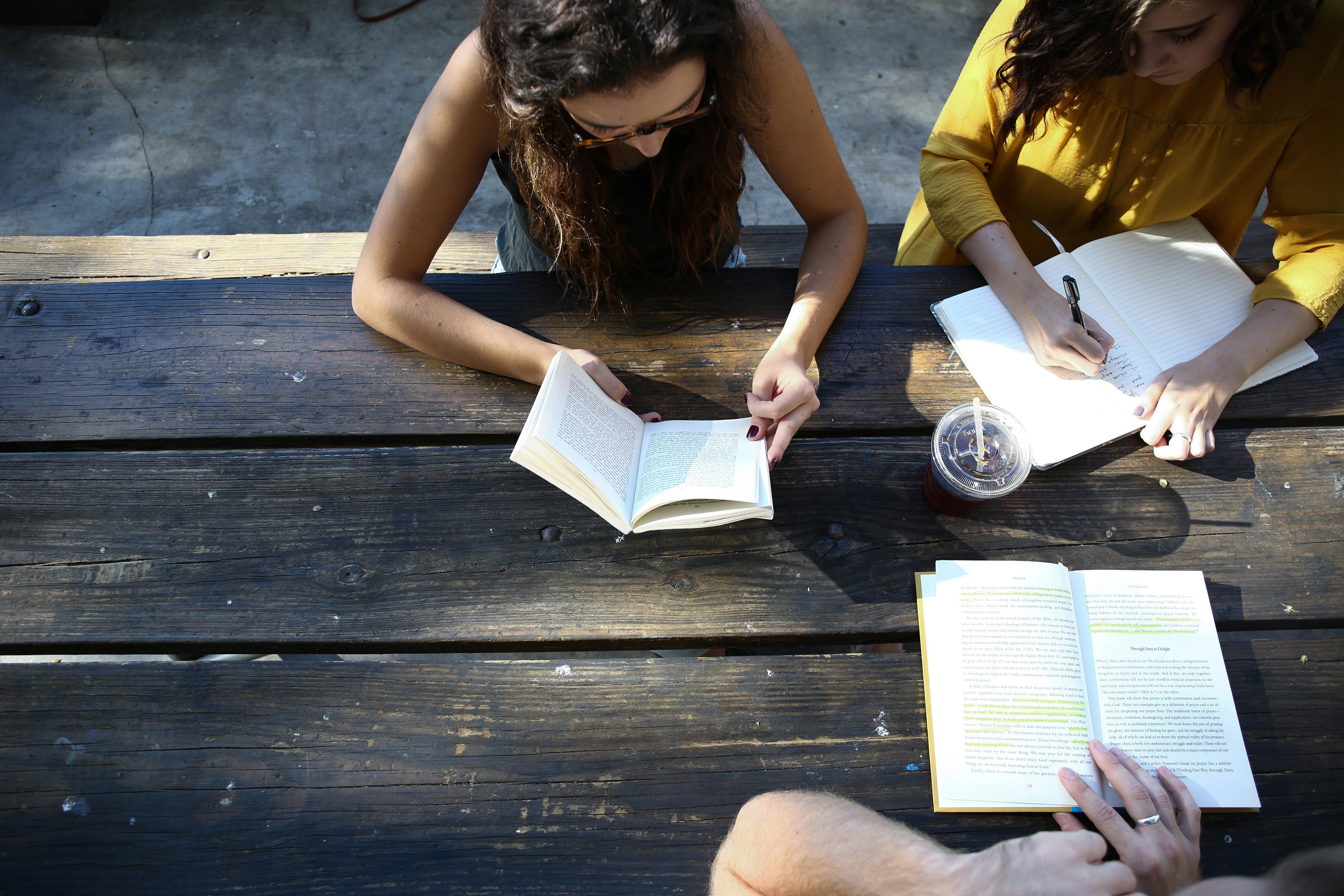Emotional Challenges of Studying Abroad
Studying away from home can be an amazing yet challenging experience. I’ve done two semesters abroad: one in Belfast, Northern Ireland, and another in Lisbon, Portugal.
Ten potential emotional challenges while studying abroad:
Homesickness
Homesickness goes beyond missing loved ones. It’s a longing for familiar comforts, like home-cooked meals, hearing your accent, or attending familial events. Overcoming it can involve listening to familiar music, finding ethnic foods, and staying connected with loved ones.
Culture Shock
Culture shock varies, but embracing it is key. Increase your exposure to local culture—try the food, talk with locals, and observe social interactions. Sometimes, the shock is harmful, and seeking professional help could be necessary.
Anxiety
I struggled with anxiety regarding using Portuguese and feeling pressure to see and do everything. A counselor helped me uncover the root of my anxiety and find positive ways to manage it.
Making Friends
Making friends abroad can be tough, as there’s a pressure to build a support system quickly. A counselor can help you strategize ways to step out of your comfort zone, meet new people, and develop meaningful connections.
Starting Over
Studying abroad forces you to adapt quickly. You have to navigate orientations, figure out transportation, and find essential services. A counselor can help you create a plan to feel more comfortable and manage strong stresses that arise.
Readjusting to a New Place
Geographic factors like climate and transportation can impact your experience. Learning to navigate Lisbon’s public transport helped me feel more settled. A psychologist can guide you through adjusting emotionally and physically to new surroundings.
Independence and Loneliness
Independence often comes with loneliness. I struggled with not being able to call home because of the time difference. However, this forced me to embrace my emotions and become more self-dependent. A counselor can provide support during these times and encourage your independence.
Establishing a Routine
Establishing a productive routine was difficult for me. I found myself wasting time on my phone. A psychologist can help you manage your time better and create a routine that supports your goals.
Physically Adapting
Moving to a new place can come with health challenges like illness or fatigue, which can make it harder to keep up with school and activities. A psychologist can help with the mental strain, while a nutritionist might assist with adjusting to the local environment and staying healthy.
Accepting Impermanence
The realization that your time abroad is limited can feel overwhelming. A psychologist can help you live in the present, make the most of your experience, and appreciate your time before it ends.













